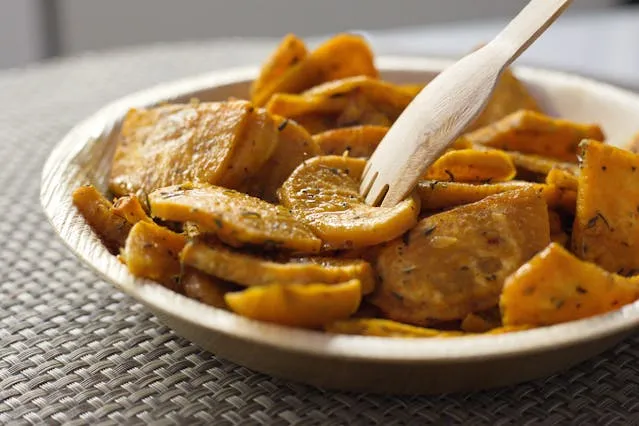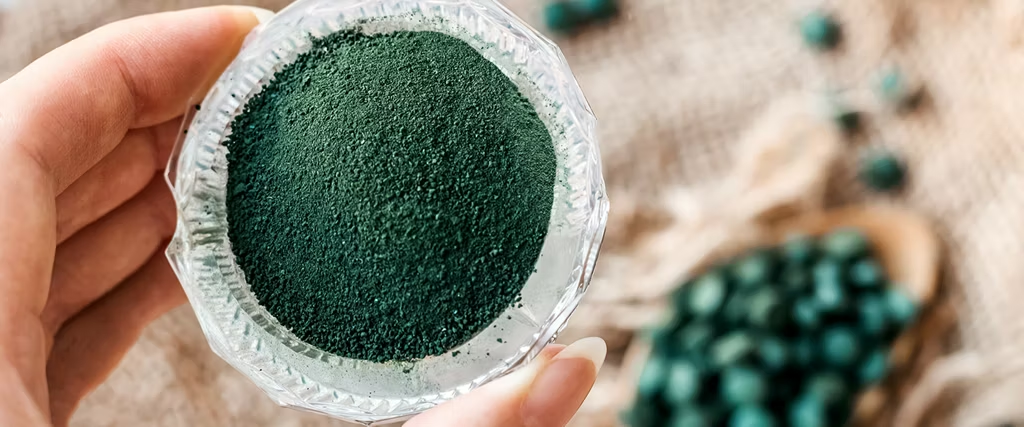Potatoes are one of the top foods consumed in the entire world. This humble potato is used in so many dishes. It can be mashed or baked, roasted, fried, or even fried. Even though they are considered comfort foods or guilty pleasures, potatoes contain more nutrients than many people know. Let’s explore nutrition facts for potatoes, including calories and carbohydrates. Also, we will discuss how the preparation method can affect their health benefits.
Also Read: eSIM Hong Kong: Smart Way to Stay Connected While Traveling
Calories In Potatoes
A medium-sized (150 grams or 5.3ozs) potato contains approximately 110calories when prepared without fat or toppings. This makes potatoes an extremely low-calorie food, especially considering how filling and satisfying they are.
The calories and fat in these foods will change quickly depending on what you cook them with. Frying or adding butter, sour cream, or cheese increases the calorie count and fat content. French fries made of the same medium-sized potato can increase in calories by up to threefold.
Carbohydrates As The Core Energy Source
The majority of the carbohydrates in potatoes are. A medium potato contains about 26 grams of carbohydrates. While people on low-carb diets tend to avoid potatoes, it is important to realize that not all carbohydrates have the same nutritional value.
Also, potatoes contain resistant stars – especially after they have been cooked and cooled. Resistant-starch functions like fiber within the digestive tract. It supports gut health while also helping to control blood sugar.
Moreover, potatoes have variable glycemic indices. The glycemic indices of boiled and mashed potatoes are both moderate. However, fried or mashed versions can cause blood sugar to rise more rapidly. It is important to choose preparation methods that maximize fiber and reduce added fats.
Vitamins, Minerals, And Their Benefits: Small Spuds For Big Results
When eaten with the skin still on, potatoes are packed full of nutrients. Below is a summary of key potato nutrition information in relation to vitamins, minerals, and other nutrients:
- Vitamin C: A medium potato has about 27mg. It is around 30% of the recommended daily intake. Vitamin C aids in immune system support is essential for collagen synthesis and facilitates iron absorption.
- Potassium: Potatoes provide more potassium than bananas, about 620 mg per medium-sized potato. Potassium has a vital role in the function of your heart, muscles, and fluids.
- Iron and Magnesium: These minerals, although found in smaller quantities, still contribute to bone health and energy metabolism.
Whole potatoes have a lot of essential nutrients in one natural package, unlike many processed foods.
Protein And Fibre Content
It is true that potatoes don’t have a high amount of protein. However, a medium-sized serving contains about 3.5 grams. While it may not sound like much, this protein is high in biological value and contains all the essential amino acids.
A medium potato without the skin has around 2.2 grams. The skin contains the most fiber. Keeping it on helps digestion and satisfaction.
Fat And Cholesterol Content
One of the facts about potatoes that is often overlooked is that they are naturally free from cholesterol and fat. These potatoes only become fatty if they are cooked using oils or when topped with a rich condiment. Potatoes, boiled, baked, or steamed, are good choices for people watching their weight.
How Cooking Styles Affect Health
How you prepare potatoes has a big impact on the nutritional content.
- Baked Potatoes: Most nutrients are retained, especially if the potatoes are cooked with their skin.
- Boiled Potatoes: Lose some water-soluble vitamins like vitamin C. Still nutrient-dense.
- Mashed Potatoes: Mashed Potatoes is a dish that includes butter, cream, and/or milk. This increases fat and calories.
- French Fries and Chips: High in fat, sodium, and calories. They’re the least healthy choice.
Choose healthier cooking methods to get the maximum benefit from your potatoes.
Do Potatoes Have Health Benefits?
The answer is absolute. It is a myth that potatoes alone are “fattening.” It is an affordable, versatile food with a lot of nutrients.
Potatoes contain complex carbs (potassium) and complex sugars that can be a valuable source of fuel for active individuals, athletes, and children. Remember to watch the amount of food you eat and what ingredients are added.
Final Thoughts
Prepared correctly, potatoes are more than just starchy side dishes. They are a powerhouse of nutrition. Because they are low in calories and have high levels of potassium and essential vitamins as well as fiber, potatoes should be a part of any healthy diet.
Understanding the facts about potato nutrition will help you break the myth that all carbohydrates are bad. You’ll also be reminded that nature offers us simple and wholesome foods to fuel our lives. If you’re planning your next meal, think about keeping the potato skin on, reducing butter, and letting its natural benefits shine.



